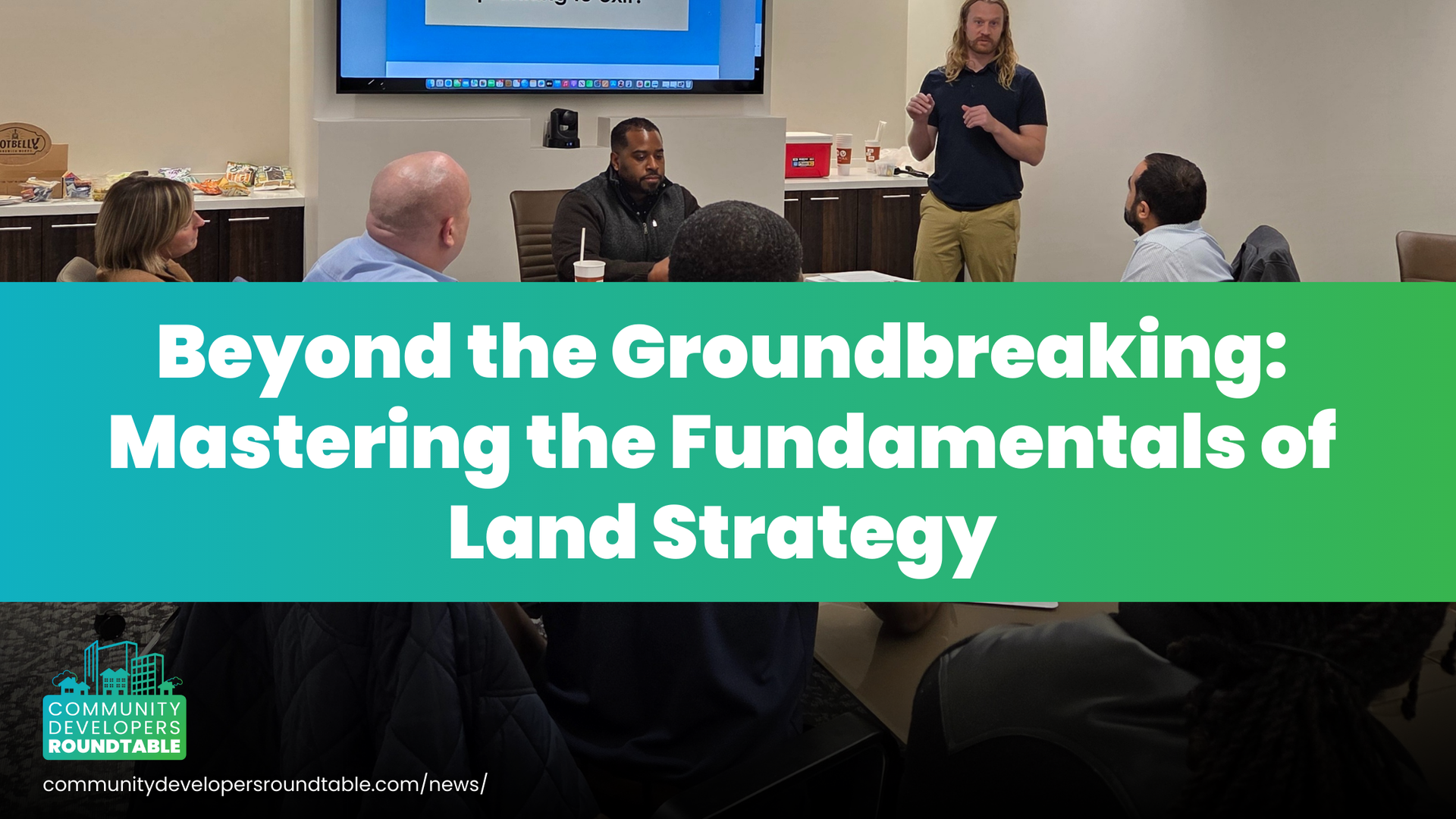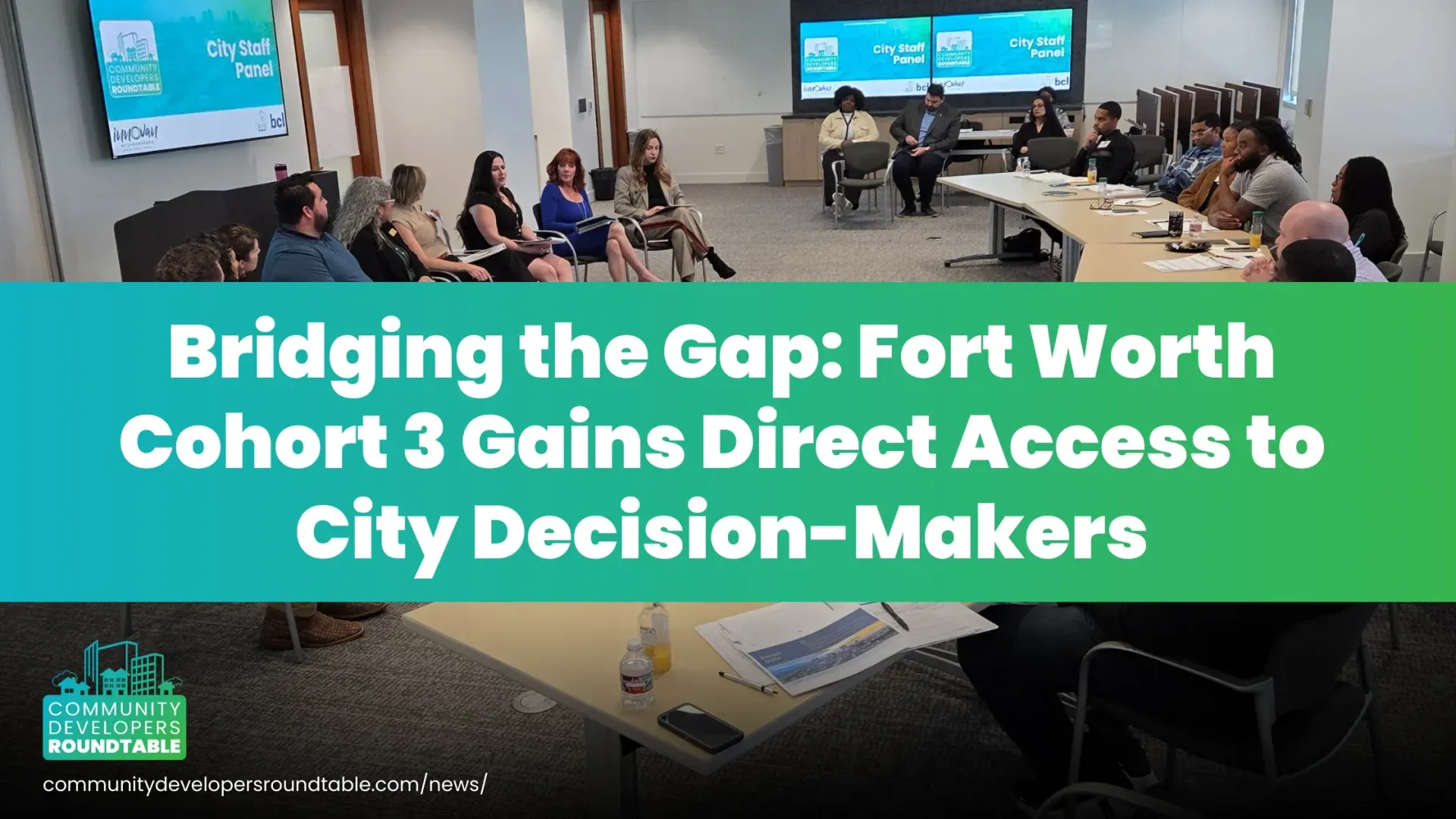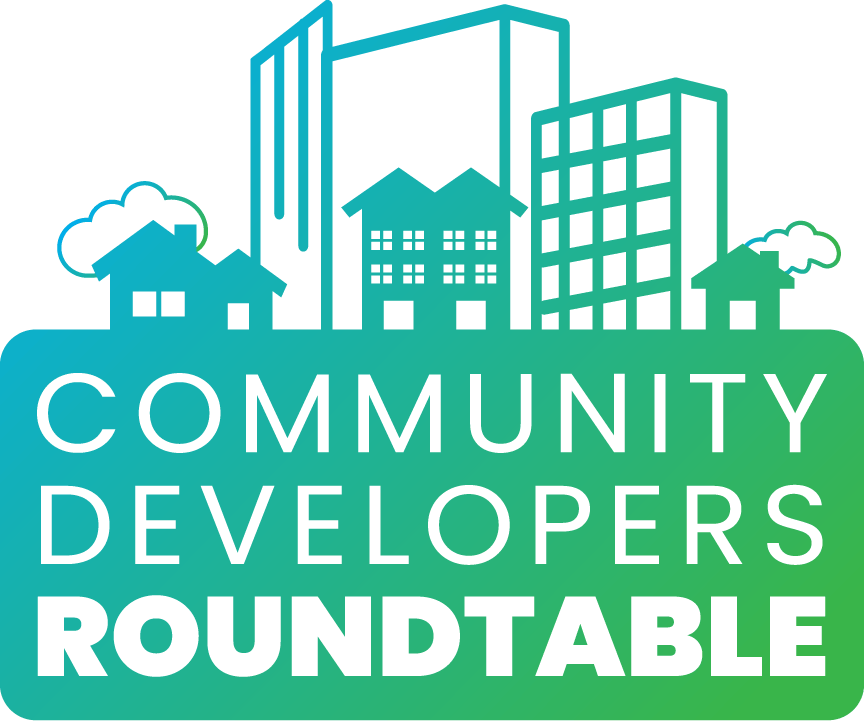Real estate has created opportunity gaps for underserved populations. These firms are changing that.
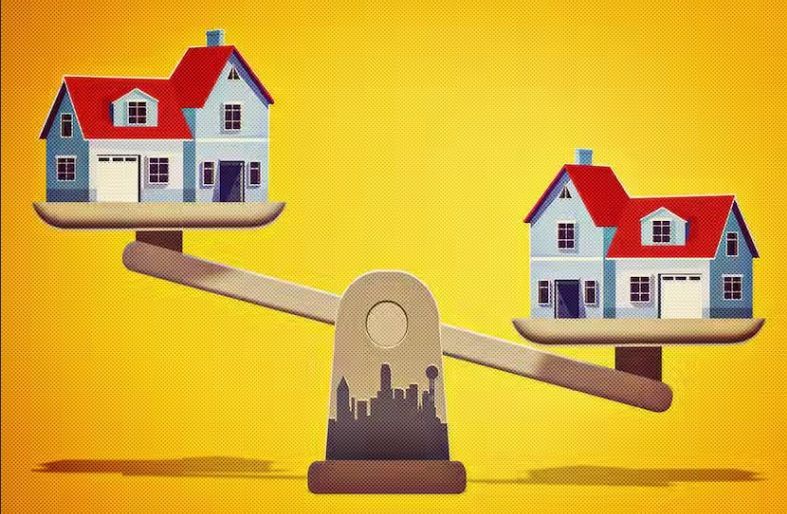
Opinion: James Armstrong; The Dallas Morning News; Sunday June 16, 2024
https://www.dallasnews.com/opinion/commentary/2024/06/15/meet-dallas-equitable-developers/
These Dallas developers are pursuing opportunity-driven development. (Michael Hogue)
Anna Hill sees her neighborhood going from “bad, better to great.” At a time when housing prices are soaring and neighborhoods are becoming less cohesive, Hill, president of the Dolphin Heights Neighborhood Association in South Dallas, is optimistic, partly because of the efforts of firms like Titan & Associates.
Titan, led by CEO Kwame Ellis and COO Khalid Shabazz, is one of several local firms advancing community-focused development—an attempt to repair the fractured relationship between underserved populations and pathways to economic mobility. In Dolphin Heights, it’s working.
Barriers to Success
Opportunity-driven development is a trend gaining traction among developers. To understand it requires acknowledging how real estate has excluded underserved populations in the past.
Throughout U.S. history, real estate has been a proven way to build wealth and foster economic mobility. But barriers to success—such as discriminatory policies (e.g., redlining), demographic shifts, and displacement driven by economic priorities—have left many communities viewing the sector as exclusionary. As a result, one of the most transformative investments available to families is often overlooked in these areas, perpetuating opportunity gaps.
Efforts to address this, like the Housing Act of 1949, aimed to revitalize neighborhoods affected by disinvestment but often worsened concentrated poverty and displacement. This legacy explains why many underserved populations remain wary of real estate.
Further, developers from underrepresented groups are rare. According to a 2023 study by the Grove Collective Foundation, Black and Hispanic developers represent just 0.56% of the industry.
That’s what makes Anna Hill’s neighborhood trajectory notable. Community-focused development is helping reverse opportuniy gaps while creating workforce readiness for local businesses.
Building Capacity
Innovan Neighborhoods, an urban real estate development firm led by Maggie Parker, is another development firm in this field. Innovan invests in developers committed to building in underserved neighborhoods. To date, 22 developers have participated in Innovan’s Community Developers Roundtable (CDR), which equips them through networking, leadership development and access to capital.
Parker’s previous work managing the Real Estate Council’s Community Development Financial Institution brought capital to much-needed projects that some traditional lenders would have deemed unbankable, and led to the creation of the Dallas Collaborative for Equitable Development, which is helping transform West Dallas, the Bottom and the Forest District.
Investing in developers who reflect the community which they serve creates a ripple beyond the development project, Parker said. Developers are hiring local contractors with deep ties in the neighborhood, which then secures homeownership for families, providing more rooftops to support local businesses. Not to mention the neighbor that gets paid a few extra bucks to provide an extra set of eyes for security or site cleanup.
In development circles, impact is usually measured in terms of quantity: how many units are created. But fair access to opportunities invites us to reimagine impact differently: how far an investment ripples throughout the community.
Business roundtable
Parker isn’t alone in her efforts. A recent CDR bus tour showcased cohort participants, and the transformational impact of their work was obvious.
Ferrell Fellows of Kingdom Legacy is building a wellness center and business hub in the heart of South Dallas, directly next door to a grocery store that recently closed.
Jason Brown of Dallas City Homes is developing a 15-unit apartment complex that will offer seniors stable housing amid rapidly mounting gentrification occurring in the La Bajada neighborhood of West Dallas.
And Ellis of Titan & Associates is navigating the difficult topography of Dolphin Heights to deliver quality single-family homes at an affordable price.
These developers are proof that impact is more than the size or number of sticks and bricks. They are also proof that opportunity-driven development is worth pursuing.
Development in Dallas can no longer repeat our country’s past failures. New models are needed that are community-focused, non-disruptive, and which spur ripples of economic mobility.
To Anna Hill, the results are seen in new homes and new neighbors. She has lived in Dolphin Heights since the 1980s, when police wouldn’t respond to calls there and gang activity was rampant, she told me. Now, she sees families who want to live there.
